The Federal Government has announced plans to replace all chalkboards in Nigerian schools with smart boards by 2027, in a move aimed at modernising classroom learning and bridging the digital gap across the country.
Minister of Education, Dr. Olatunji Alausa, disclosed this in Abuja during a ministerial roundtable meeting, assuring that the initiative is part of President Bola Ahmed Tinubu’s commitment to advancing digital education and improving teaching standards nationwide.
According to Alausa, the use of smart boards will make learning more engaging and interactive, allowing teachers to use multimedia tools, digital textbooks, and real-time demonstrations to improve students’ understanding.
“Our goal is that by 2027, every school in Nigeria will have a smart board,” he said. “This is how we can deliver quality education to every child, regardless of where they live or their parents’ background.”
The minister also revealed that over 60,000 tablets have already been distributed to schoolchildren in Adamawa, Oyo, and Katsina States under the Airtech (Amazon Web Services) and BESDA programmes, with another 30,000 devices expected soon.
He added that beginning from 2026, the annual school census would be fully digitalised to improve data accuracy and planning.
However, Alausa expressed concern over the high number of school dropouts, noting that about 24 million pupils who started primary school never made it to senior secondary level.
Data from the Nigeria Education Management Information System (NEMIS) platform, he said, showed that out of 30 million pupils captured from 21 states, only six million progressed to senior secondary school.
“The information we’re seeing is scary,” Alausa admitted. “We can now identify where children are dropping out and take evidence-based steps to address it.”
He further explained that every schoolchild’s biometric data is being uploaded on the digital platform to improve tracking and policy implementation, adding that the Ministry also plans to integrate WAEC and JAMB data into the system.
Alausa commended UNICEF for its technical support and President Tinubu for backing the project financially and politically.
Also speaking, the Executive Secretary of the Universal Basic Education Commission (UBEC), Aisha Garba, said the commission has fully embraced technology in its operations and is working to ensure that all public schools are digitalised.


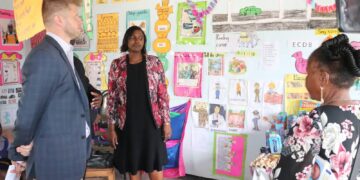


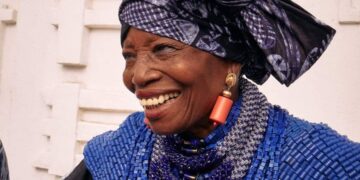
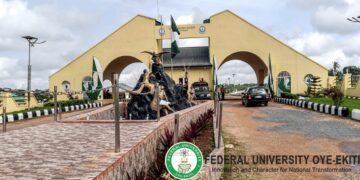






















































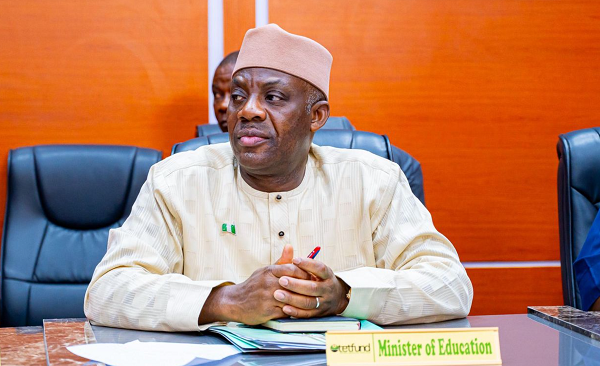




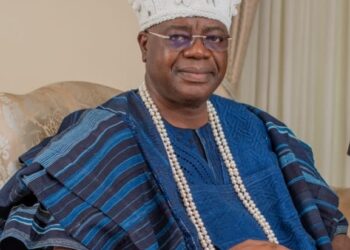
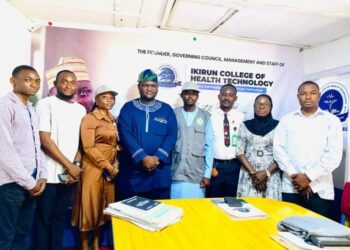

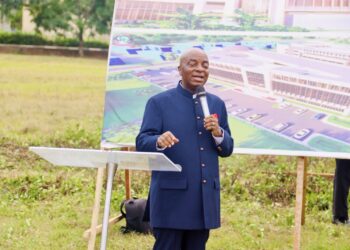
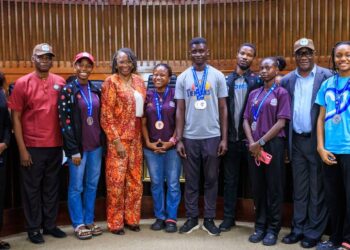
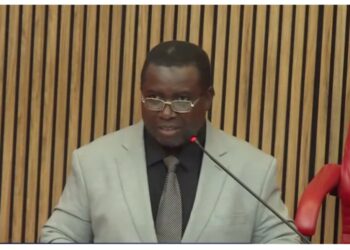










 EduTimes Africa, a product of Education Times Africa, is a magazine publication that aims to lend its support to close the yawning gap in Africa's educational development.
EduTimes Africa, a product of Education Times Africa, is a magazine publication that aims to lend its support to close the yawning gap in Africa's educational development.